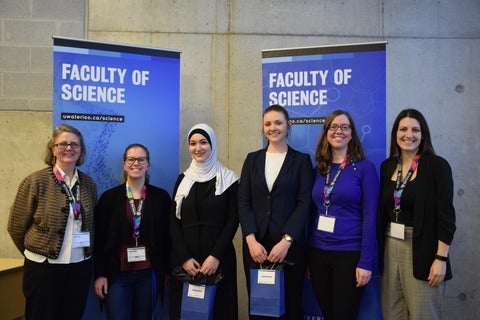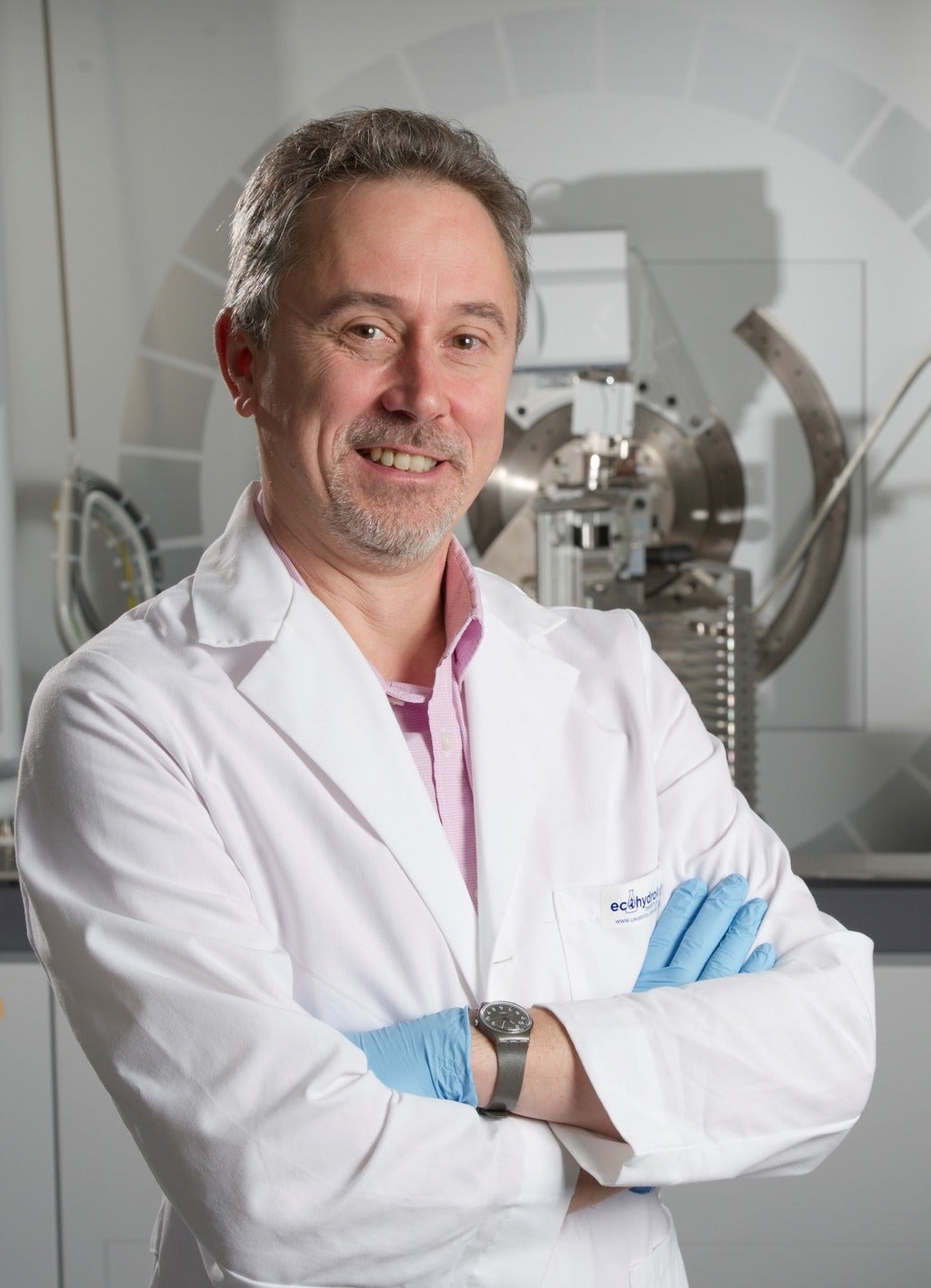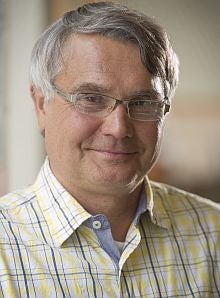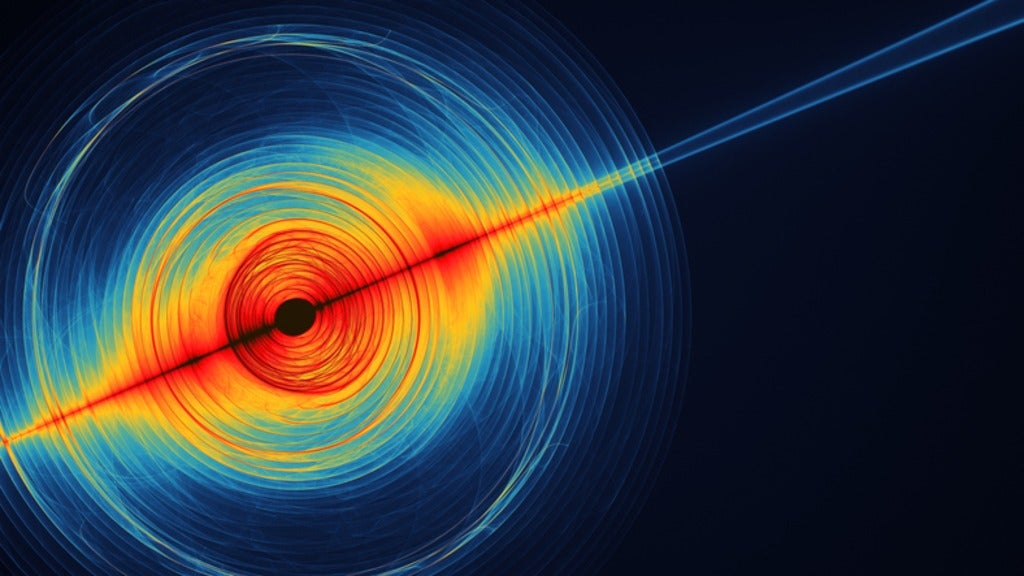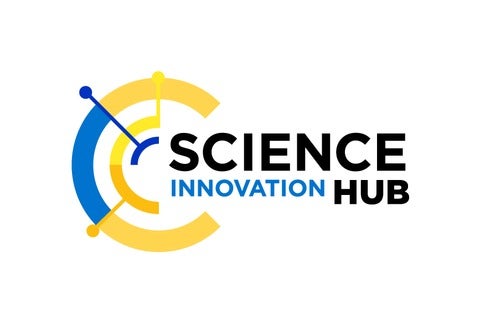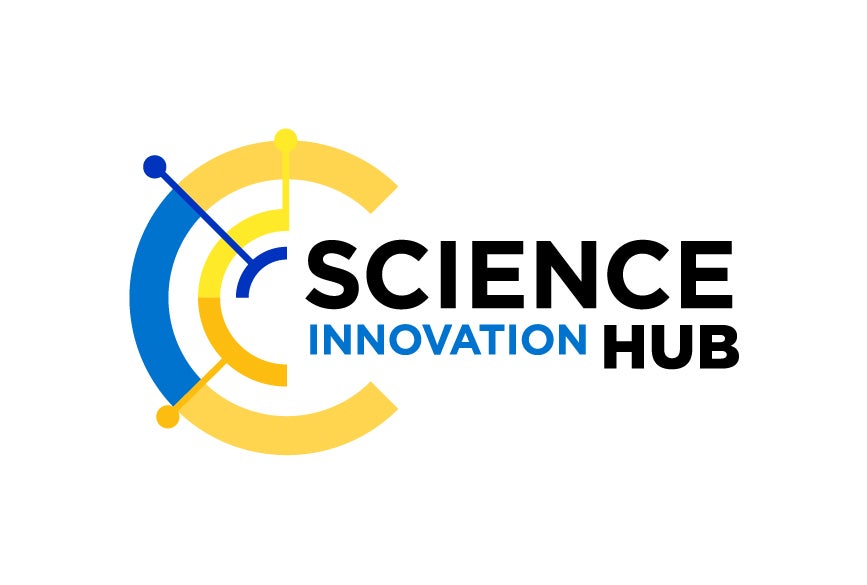Researchers can now investigate the deep ocean without damaging fragile ecosystems
Researchers at the University of Waterloo have found an environmentally friendly way to explore life in the depths of the ocean.
Using a new application of a sampling technique called solid phase microextraction (SPME), researchers collected samples from deep sea vent ecosystems to study the biological and ecological processes that occur there, without damaging the surrounding organisms.
